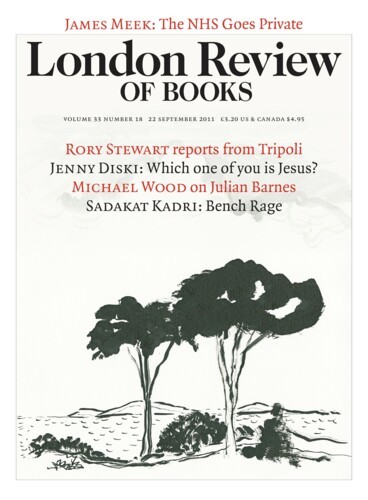I shall be read: Ovid’s Revenge
Denis Feeney, 17 August 2006
In the year 8 AD, at the age of 50, Publius Ovidius Naso stood at the height of poetic ambition. Fêted and continuously successful for almost thirty years, Ovid had been without a rival since the death of Horace 15 years before. Surrounded by second-raters and nonentities, he was unquestionably the most famous poet in the empire. Rome was his oyster, and his poetry took the metropolis as...




